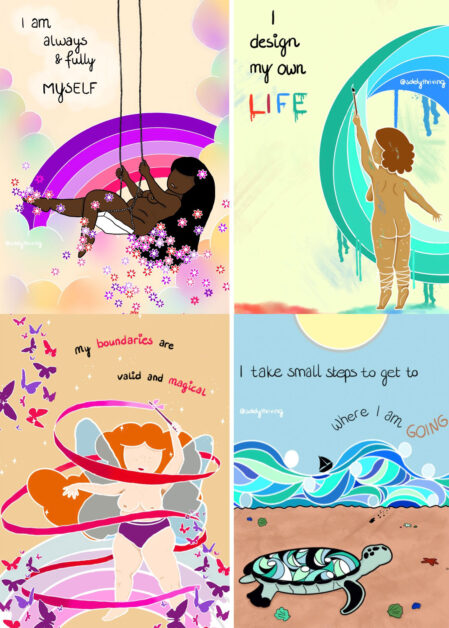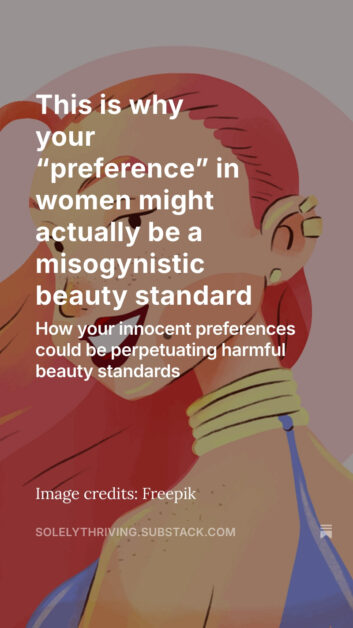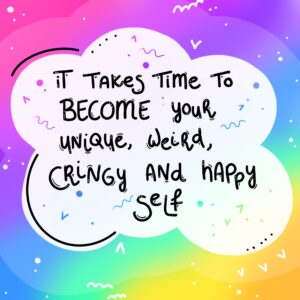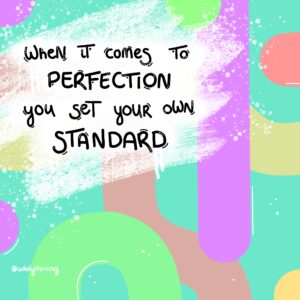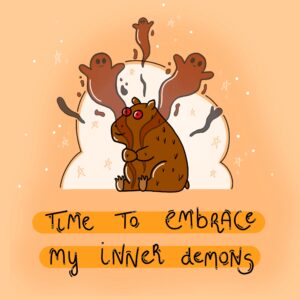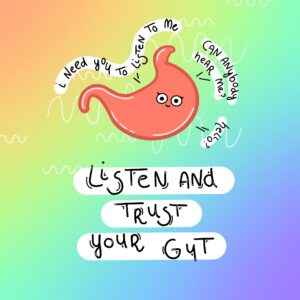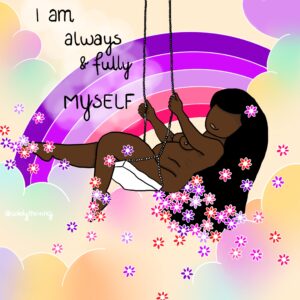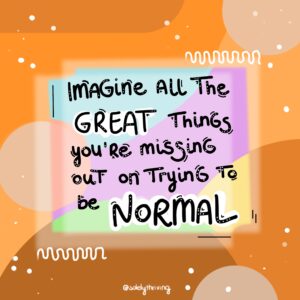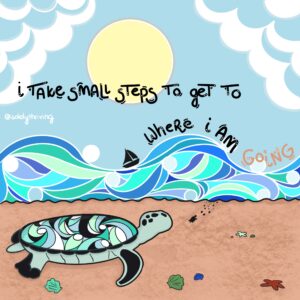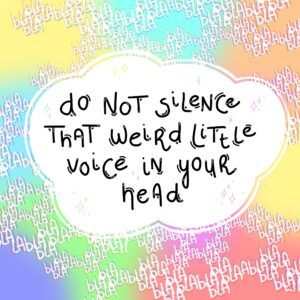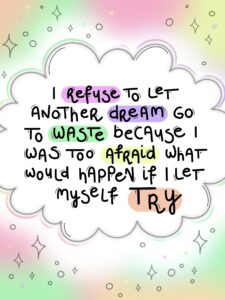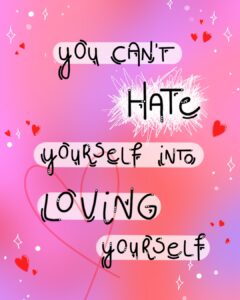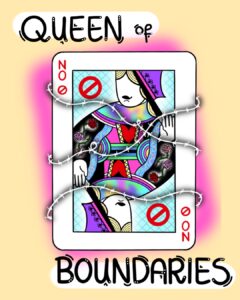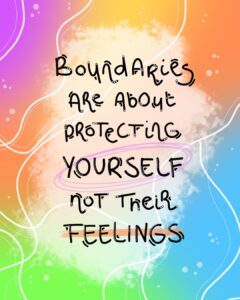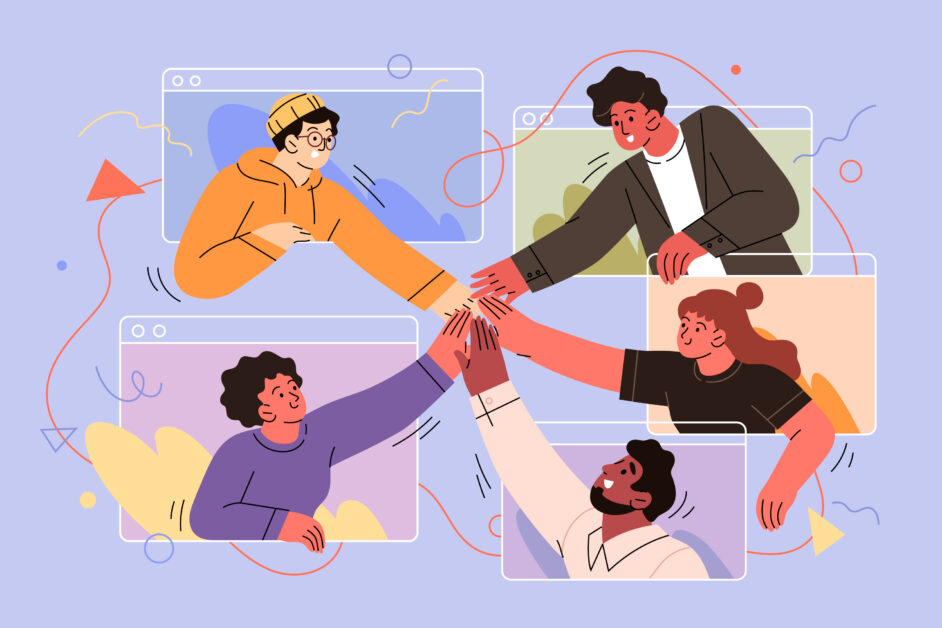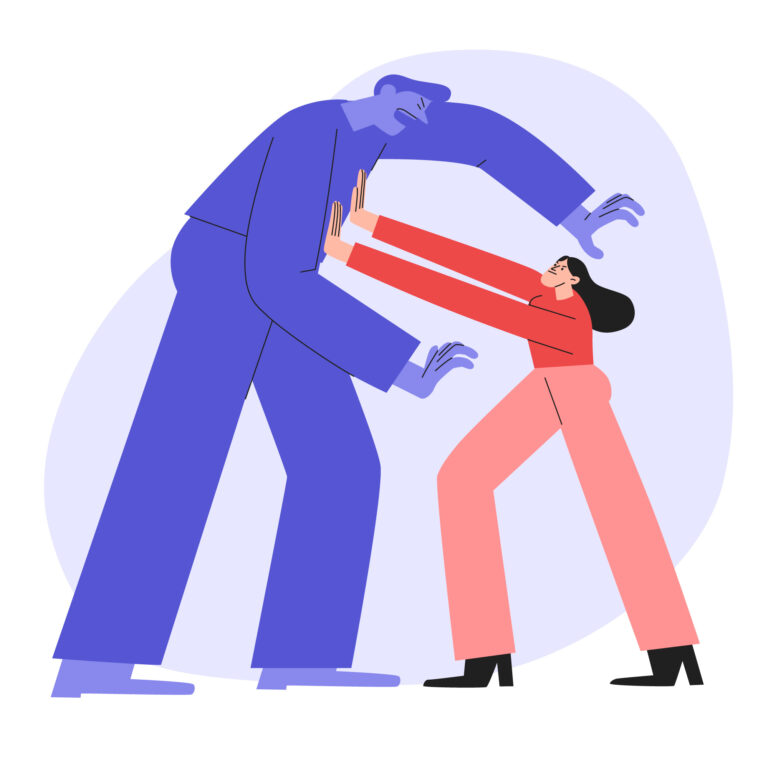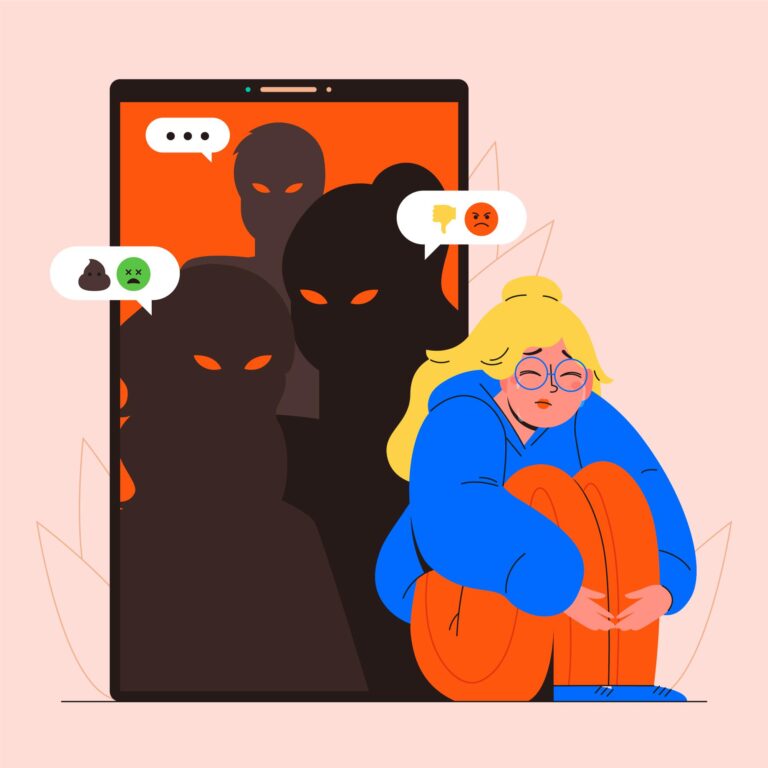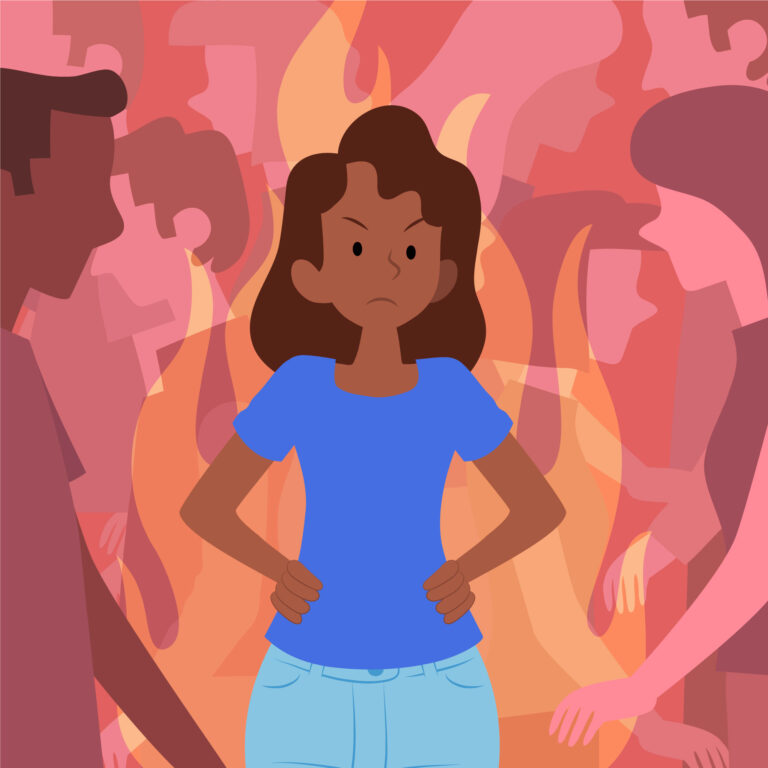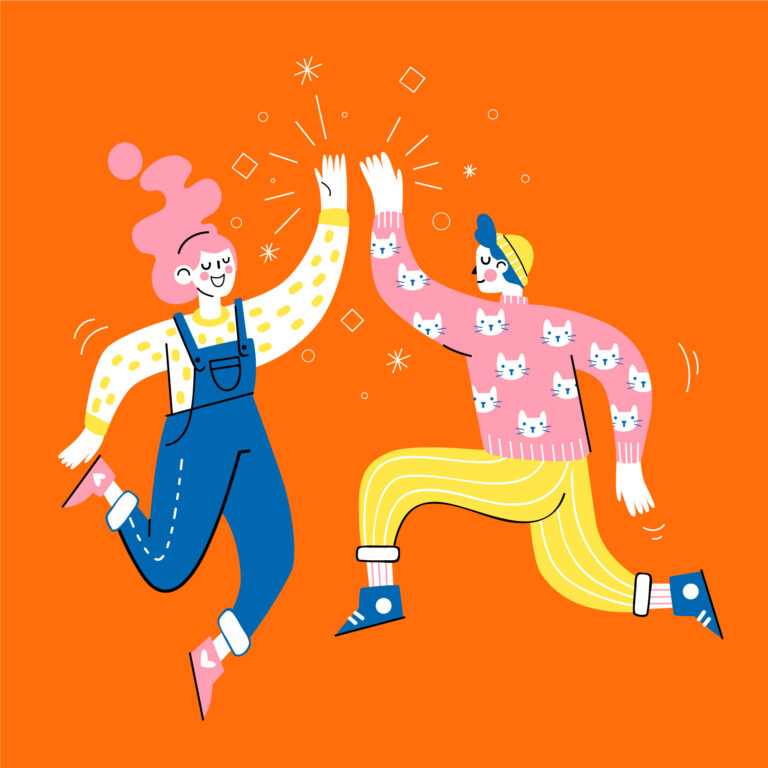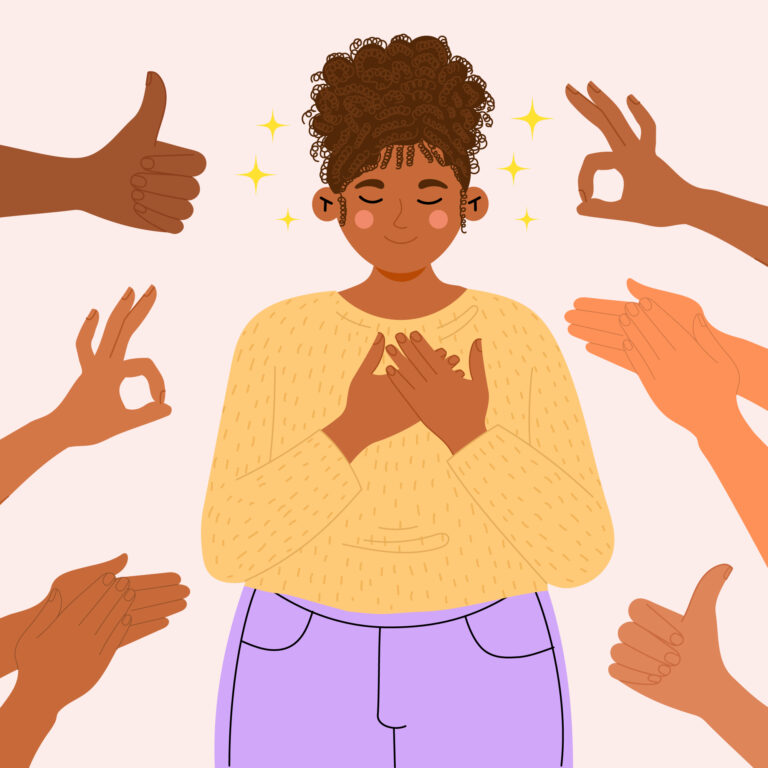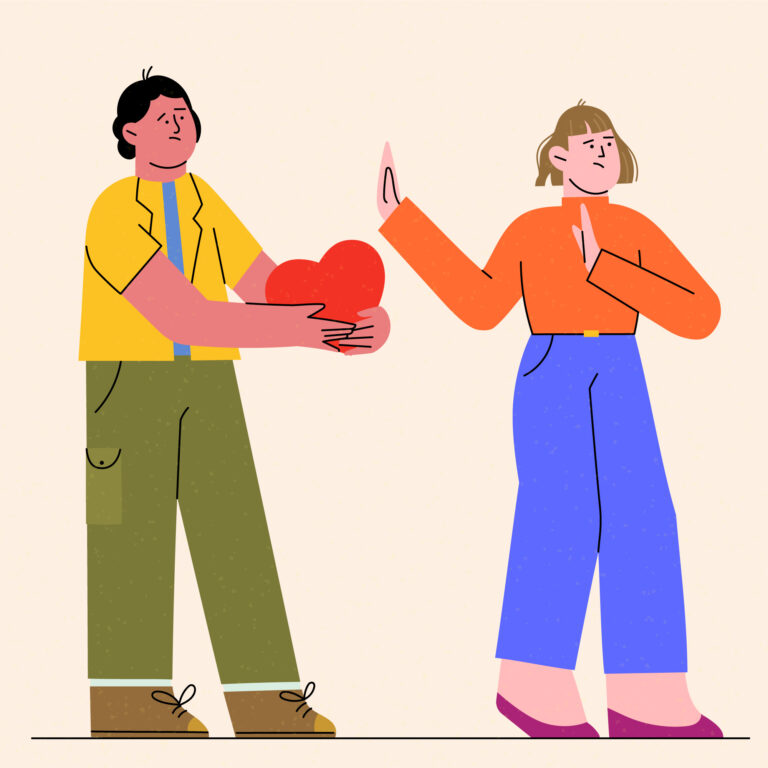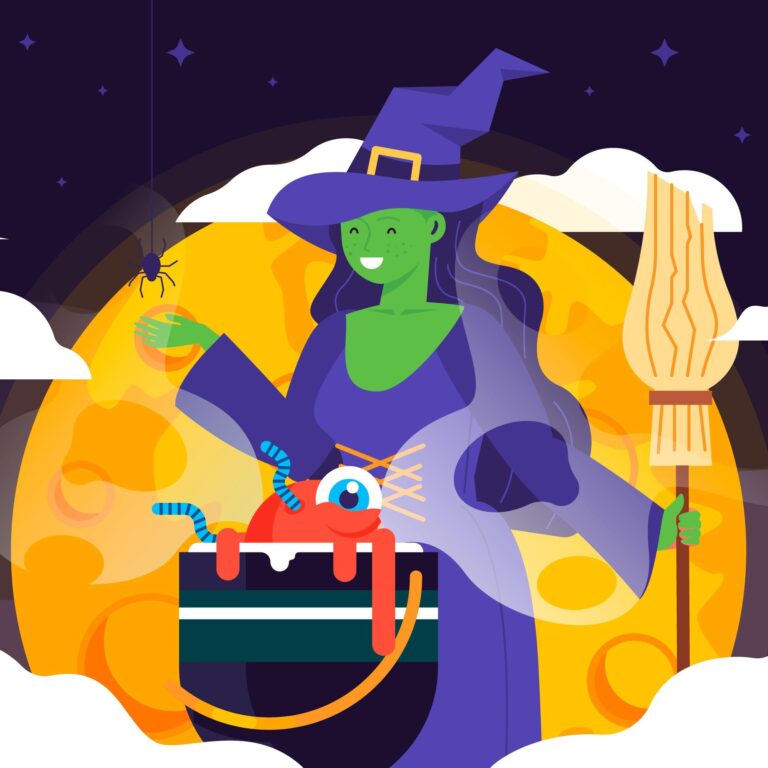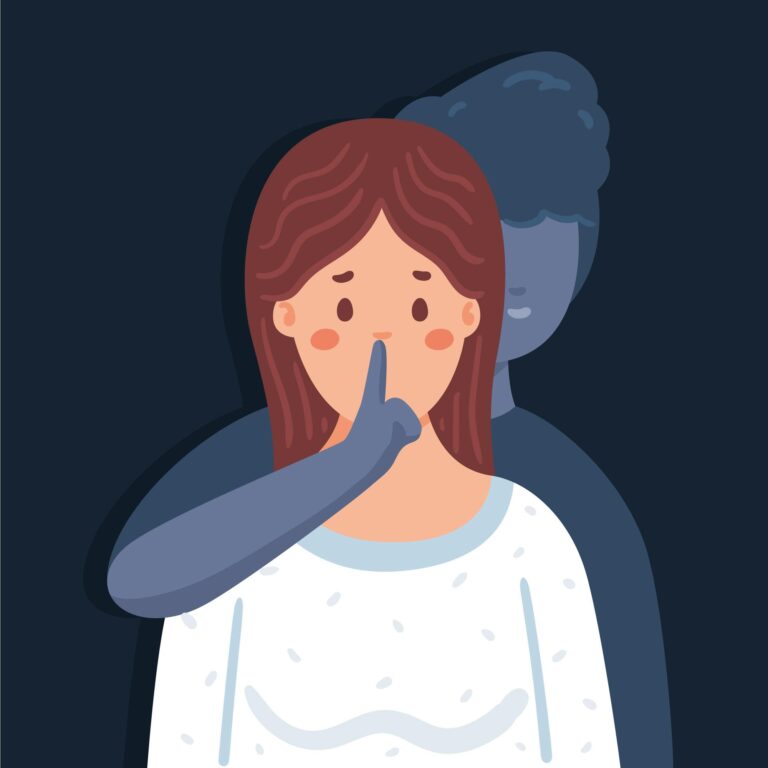Kindness was the Gigantic Loser this Disastrous Election
When hate wins, the concept of kindness becomes foreign and slowly disappears
After what felt like one of the most impactful elections of our time, I’ve been contemplating what to say. I experienced so many emotions – most of them anger. So I decided to write about kindness instead. About what we owe to each other and how to make sense of it all. This isn’t a post to justify hate: the full-blown MAGA’s can shove it. But for all the other people who feel torn and are looking for a willing scapegoat to relief themselves of the anger they’re experiencing: I hope this helps you a little with making sense of it all.
Just like almost sixty nine million people with me, I feel scared.
No. Not just scared.
I feel disheartened, empty, drained – completely lost.
I had been struggling to figure out what to write. To decide which one of the one hundred and forty things racing through my mind, was worth writing about. What was the most important thing I learned from this election, that ended in a deep-seated pain, laid bare by the hate of strangers, acquaintances, neighbors – even people that were considered friends?
And I keep coming back to one thing. The most important thing that drives the work I do and that drives every single thought and conversation I have: kindness. Because whenever I struggle to make sense of the things happening around me, I look to kindness as a guiding light.
I turn to self-reflection and growth as my north star. The one thing that still shines bright in a world that gets swallowed up by human kind’s shallow darkness.
* Free wallpaper download * Free wallpaper download * Free wallpaper download
* Free wallpaper download * Free wallpaper download * Free wallpaper download
THE KINDNESS ICK
I sometimes feel icky using the word kindness.
Because to me, unfortunately, it has become one of those white feminism buzzwords. One that just get used as a disguise for all the ugliness in the world.
We use ‘kindness’ to demand friendliness. We use it to derail necessary conversations about injustice, and we parade kindness around as a symbol of toxic positivity. “Just be kind” is used as a conversation killer when talking about the oppression that exists in the world. Because being ‘nice’ and liked is deemed more important than making actual change in the world. “I don’t understand why we can’t just be kind!” exclaims yet another delusional optimist – but only in response to Black Lives Matter-protests that ‘have gone too far’.
These are the same people who claim you should ‘kill them with kindness’ when your bullies keep tormenting you until the point you no longer see the purpose in living.
THE GOOD KIND OF KINDNESS
And that is why I sometimes struggle with calling myself a kindness advocate. Because I know the toxic version of kindness that comes so easily to the people who, in the face of hatred, never actually have had to make a conscious choice about what kindness actually means in that moment. For the people who believe being ‘nice’ and ‘kind’ are the same thing. And for whom positivity is an easy choice to make.
But I still believe kindness is the only way forward.
Not the broken version of kindness that just serves as an excuse for bad people to do worse. But the version of kindness that has the ability to change the world in a radical way.
That is what I believe in. And that is why I think the real loss in this election isn’t about the two parties who used everything but kindness to try and win votes.
Kindness lost the election and hate triumphed.
Yet again.
LESSER OF TWO EVILS
Before November 5th, I felt torn. I live in online spaces that are very progressive and liberal. And that means that my online ‘home’ is filled with strangers and influencers who were going to vote green. And people who shamed others for either doing – or not doing – the same.
I personally have never believed in the ‘lesser of two evils’-rhetoric. I don’t think you should vote for one evil because the other is a more shitty human being.
Sometimes there is no right or wrong: sometimes both choices are equally bad and the consequences are even worse. If a poor, hungry person stole a loaf of bread for their family and with that hurt the struggling shopkeeper who can’t keep his business going, there isn’t really a good choice to make.
Especially since we don’t know the ramifications of the actions before we’ve executed them.
MORAL CHOICES
We often mistake our own moral compass with our desire to be wholeheartedly kind. But if we only live our lives according to our own personal moral compass, we will still condemn people with a different moral compass for making choices we might not understand.
Don’t get me wrong: a moral compass is important. But when we use it to justify making unkind choices, we become just as bad as the people we say we would never support.
Because in my opinion, kindness surpasses morality. Morality is subjective. We come up with our own idea of ‘right’ and ‘wrong’. That we can then try to force on others but the fact of the matter is that they will differ for everyone. What you deem ‘wrong’ can be considered ‘right’ for someone else. For me, kindness is a more objective choice. One that exists outside of our own personal morals.
Sometimes, when faced with two wrongs, all we can do is try and look at all the possible consequences of our actions. Even though they’re endless. And then make a choice accordingly. I would argue that making a choice based on consequences, even if it hurts us a little to do so, would be the kindest decision to make.
SELFISHLY ‘KIND’
And while I’m writing this, I think of the people who feel so financially stuck, they believed voting for a felon would be the only way to stop themselves from drowning. Because are they not making a choice based on their own personal consequences too? One that, to them, seems like a good option. Because it helps their friends, family, or even the country that they love. Isn’t that then the ‘kind’ thing to choose?
But this is where weighing the outcome becomes the most important. Because being kind – being wholeheartedly and authentically kind – means that sometimes you have to make a choice that goes against your own best interests to protect someone else’s.
That doesn’t mean you have to suffer needlessly. But it also means you shouldn’t drag other people down in order for you to stay afloat.
If a political campaign is built on destroying other people just so you can feel more financially secure, the consequences of those actions are bigger than just your own household.
How does cheaper milk taste when it’s been soured by the consequences of your actions?
The problems of the people who vote – or don’t vote – are all valid. And I don’t believe in shaming a whole group of people who feel scared in a country where the only difference between them and homeless people is just luck and circumstance.
But there has to be a line.
And don’t we owe it to each other to at least try everything in our power not to cross it?
WHAT WE OWE TO EACH OTHER
There has to be a limit to what we’re willing to sacrifice in order to perserve comfort for ourselves.
If a choice is so blatantly hateful and harmful, don’t we owe it to each other to at least do all the work necessary to make sure that this extreme choice literally is the only option left? Isn’t that the kindest thing you can do for your fellow inhabitants of this earth?
Especially when the work is as simple as researching the talking points of the politician you’re planning to vote for – or not vote for.
When the average supporter is asked why they voted for the guy, they all mention the economy. Meanwhile economists have already said that his policies will actually make the cost of living go up for average households. When he talks about mass deportation to deal with the immigration crisis. And claims they’re all murderers and are ‘eating the cats and the dogs’, isn’t it your duty as a person to then at least do your research on the subject? Instead of letting him scare you into being complicit in an awful human rights crisis?
HOW KINDNESS SHOULD WORK
I think this is what a lot of the dilemma’s we’re facing now, come down to.
And there is a very large group of people out there that feels it is justified to prioritize the people who are close to them, or, in some shape or form, similar to them.
The kindest thing we could do for each other is to look beyond our own internal feelings about a subject. To find compassion for the greater good. Even if it means that, in the short term, we might feel a little bit worse at first.
Kindness for me was writing this blog post. Just so I wouldn’t feel judgy or angry towards people who didn’t agree with me. Even if I still can’t fully support their point of view.
It feels easy to just take the first ‘out’ you can find. The ‘easiest’ solutions are usually wrapped in the loudest voices.
But that doesn’t make them right.
And it doesn’t make the proposed solution less wrong.
This goes for literally every subject used to shame all sides: kindness is about making tough choices that always benefit someone else, that sometimes benefit you, and that often times only benefit the greater good without having a direct impact on anyone you know or identify with.
But kindness is also about taking the time to reflect and understand the perspective of the other.
And if you have a hard time morally justifying the choice for yourself or feel like your choice might not be accepted, just know that with a kind choice – by choosing something bigger than yourself and your own perils, or even your own morals – you’re putting a small band-aid on the wounds of the earth.
Even if that means you’ll first be creating a small wound in your own heart.


